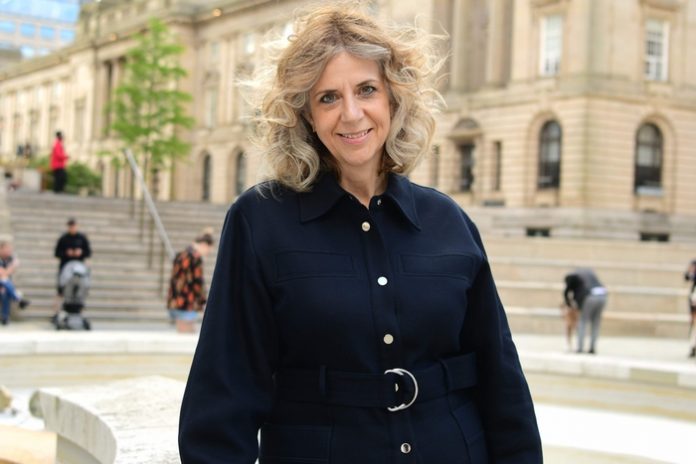Woodbourne Group – a key anchor partner for Birmingham’s Knowledge Quarter – has appointed Jo Birch as chief innovation officer, strengthening its commitment to innovation and growth.
This strategic appointment supports Woodbourne Group’s expanding life sciences portfolio, which includes BioPharma, MedTech, and AI, and follows several recent appointments aimed at enhancing the company’s capabilities in this sector.
Woodbourne Group’s Curzon Wharf development is set to be a major contributor to employment and economic growth within Birmingham’s Knowledge Quarter, with a strong focus on life sciences. The project has garnered international attention and was also highlighted in last year’s Autumn Budget. It recently became the first site outside London to receive Investment Zone status.
In her role as chief innovation officer, Jo will foster strategic partnerships and build a vibrant knowledge community, driving growth and innovation across Woodbourne Group’s life sciences development pipeline.
Jo brings a wealth of experience from her previous role as director for innovation, enterprise, and employability at Birmingham City University (BCU), where she developed partnerships in creativity, sustainability, and health to stimulate growth and cross-sector innovation.
As the founder and co-creator of the award-winning STEAMhouse, BCU’s collaborative centre for innovation, Jo has extensive experience in reviewing, benchmarking, and speaking globally about innovation models. She has also led on skills and employability initiatives at BCU, working closely with employers to address talent needs and inform regional skills policies.
Over the past decade, Jo has been instrumental in shaping regional agendas and advocating for reinvestment in Birmingham and the wider West Midlands, with deep involvement across the innovation ecosystem.
Tani Dulay, CEO of Woodbourne Group, said: “Jo’s appointment underscores our commitment to creating world-class life science facilities in Birmingham and driving regional growth. Innovation is at the core of our vision for Curzon Wharf and Birmingham Knowledge Quarter.”
Jo said: “I am delighted to join the Woodbourne Group team, sharing their passion for shaping places that really make an impact on their local community, driving prosperity through growth, employment and inspiring places that invite communities to engage. Life sciences and technology represent huge global opportunities for this great city and I look forward to harnessing the communities of practice, partnerships and new innovation vehicles to support their vision in manifesting material change.”
Curzon Wharf, recently granted full Investment Zone status by the government, offers significant tax incentives for tenants and investors. Positioned as the gateway to Birmingham’s emerging Knowledge Quarter, Curzon Wharf represents a unique collaboration between development, education, research, and public investment, driving substantial growth.
A standout feature of the one million sq ft development is the 130,000 sq ft Birmingham BioCity, which aims to set a new benchmark for life sciences in the city and the region. It will be the first Investment Zone life science building outside London and the first of its kind in Birmingham, with construction set to begin in early 2025 and the official launch anticipated this year.
Curzon Wharf, which recently received planning approval from Birmingham City Council following the S106 agreement, is one of the most high-profile projects in the UK. This transformative development, strongly supported by the leader of Birmingham City Council and the mayor of the West Midlands, has drawn global interest. It will include new residential buildings—including Birmingham’s tallest tower – alongside retail, office, research, and life sciences facilities. The development, spanning a one million square foot site currently occupied by 1960s industrial units, is expected to create nearly 1,400 jobs and boost Birmingham’s economy by at least £151 million.




















